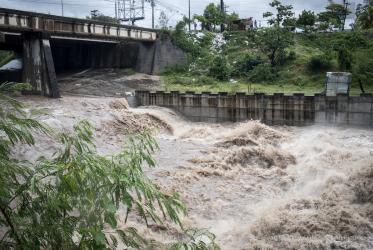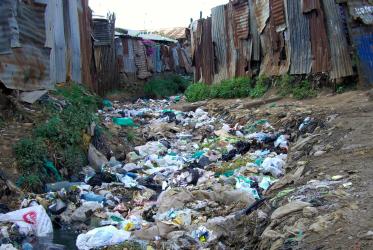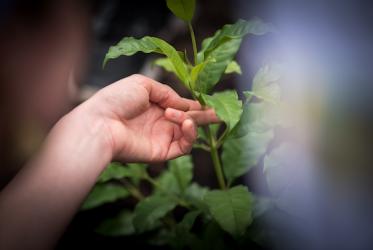Displaying 21 - 40 of 135
Unity is key when health crisis poses new challenges in Asia
28 February 2022
Climate crisis fuels existing water injustice
27 October 2021
Global webinar will discuss environment, agriculture and water
03 December 2020
On World Toilet Day, sanitation is “an issue of justice”
16 November 2020
Kirche sollten ihre Stimme gegen den Klimawandel erheben
26 February 2020
Churches should use their voice on climate change
26 February 2020
CCIA-Tagung in Brisbane setzt Prioritäten für die Region Pazifik
19 February 2020
CCIA meets in Brisbane with focus on Pacific regional priorities
19 February 2020
Church of South India eco-ministry featured on UNESCO website
17 February 2020









